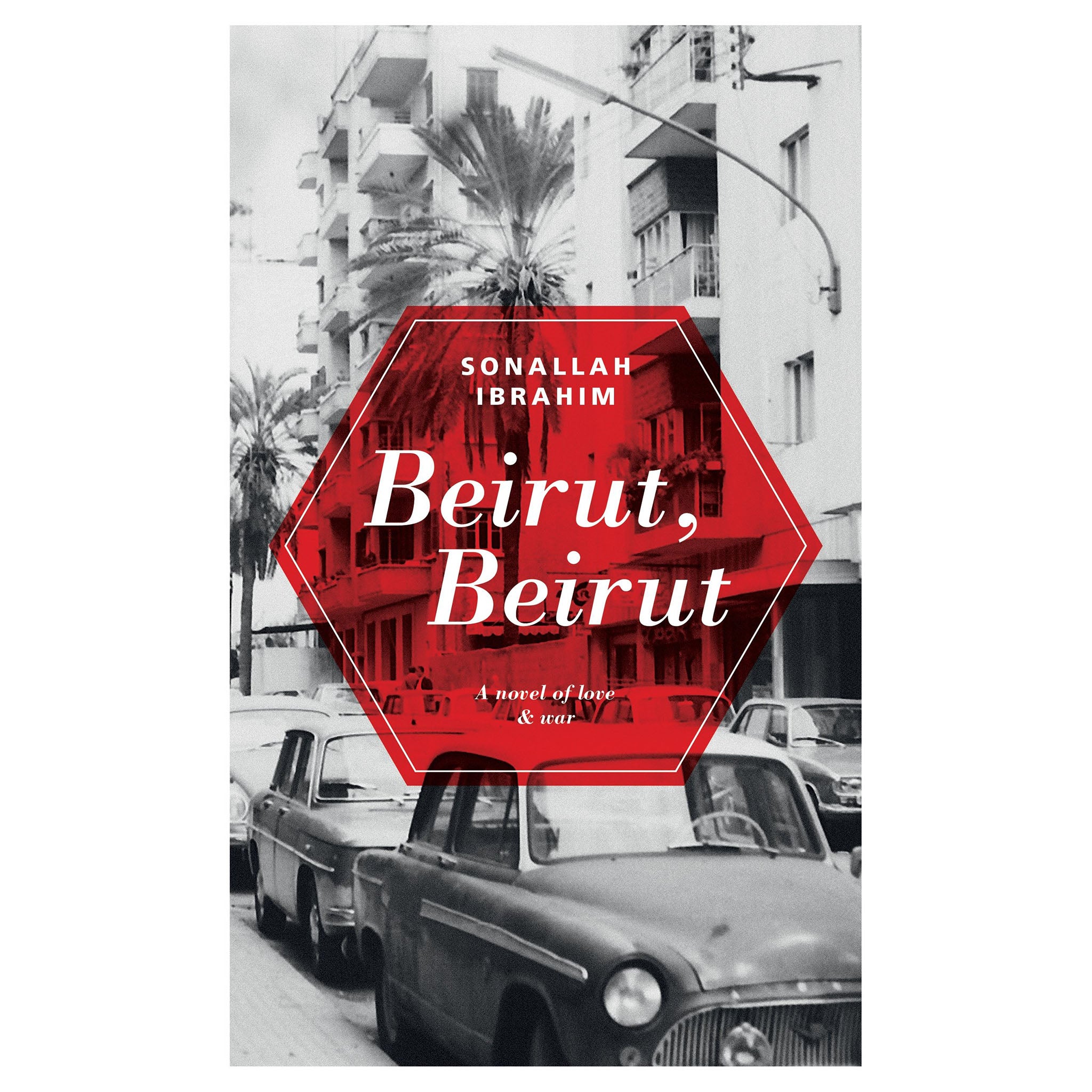Paperback reviews: From Beirut, Beirut to The Twilight Hour
Beirut, Beirut, now translated into English for the first time, describes a city under fire

Your support helps us to tell the story
From reproductive rights to climate change to Big Tech, The Independent is on the ground when the story is developing. Whether it's investigating the financials of Elon Musk's pro-Trump PAC or producing our latest documentary, 'The A Word', which shines a light on the American women fighting for reproductive rights, we know how important it is to parse out the facts from the messaging.
At such a critical moment in US history, we need reporters on the ground. Your donation allows us to keep sending journalists to speak to both sides of the story.
The Independent is trusted by Americans across the entire political spectrum. And unlike many other quality news outlets, we choose not to lock Americans out of our reporting and analysis with paywalls. We believe quality journalism should be available to everyone, paid for by those who can afford it.
Your support makes all the difference.Beirut, Beirut by Sonallah Ibrahim (Bloomsbury, £12.99)
Sonallah Ibrahim’s 1960s debut, That Smell, was a semi-autobiographical account of a newly released prisoner coming to terms with civilian life in downtown Cairo. At the time, the novel’s depiction of alienation and malaise caused ripples in Arabic literary circles. A later novel, Beirut, Beirut, now translated into English for the first time, describes another city under fire. Through the eyes of a nameless Egyptian writer, we’re given a journalistic overview of the prolonged Lebanese conflict with occasional glimpses into the narrator’s personal life. The novel closes with a violent sexual encounter.
The Twilight Hour by Nicci Gerrard (Penguin, £7.99)
Gerrard’s highly readable domestic dramas often bring a dash of well-judged gothic to the proceedings. In this one Eleanor Wright, now in her nineties and blind, is attempting to tidy away her life before her children stumble on anything they shouldn’t. She employs Peter, a student with a broken heart, to spend the summer sorting through her books, letters and other memorabilia. Gerrard portrays the developing relationship between the melancholic pair with characteristic tenderness. It’s only the novel’s opening chapter, featuring a deadly nocturnal river dip, that hints at more turbulent revelations to come.
Greed by Stewart Sutherland (Haus Publishing, £7.99)
“Greed is good”, so said Gordon Gekko in Wall Street, a rapacious sentiment that surely captures the spirit of the Thatcher-era that has since turned into a foundational pillar of our late Capitalist society. In this series of nifty little essays –the thinking person’s commuting read – Sutherland takes Gekko as his starting point but returns to the ideas of moral philosopher, David Hume, to evaluate its collective usefulness. Hume warned against it as a stealthy, violent and cunning impulse – “the most dangerous of the vices” for society. A dense and thought-provoking read for its 43 pages.
Join our commenting forum
Join thought-provoking conversations, follow other Independent readers and see their replies
Comments